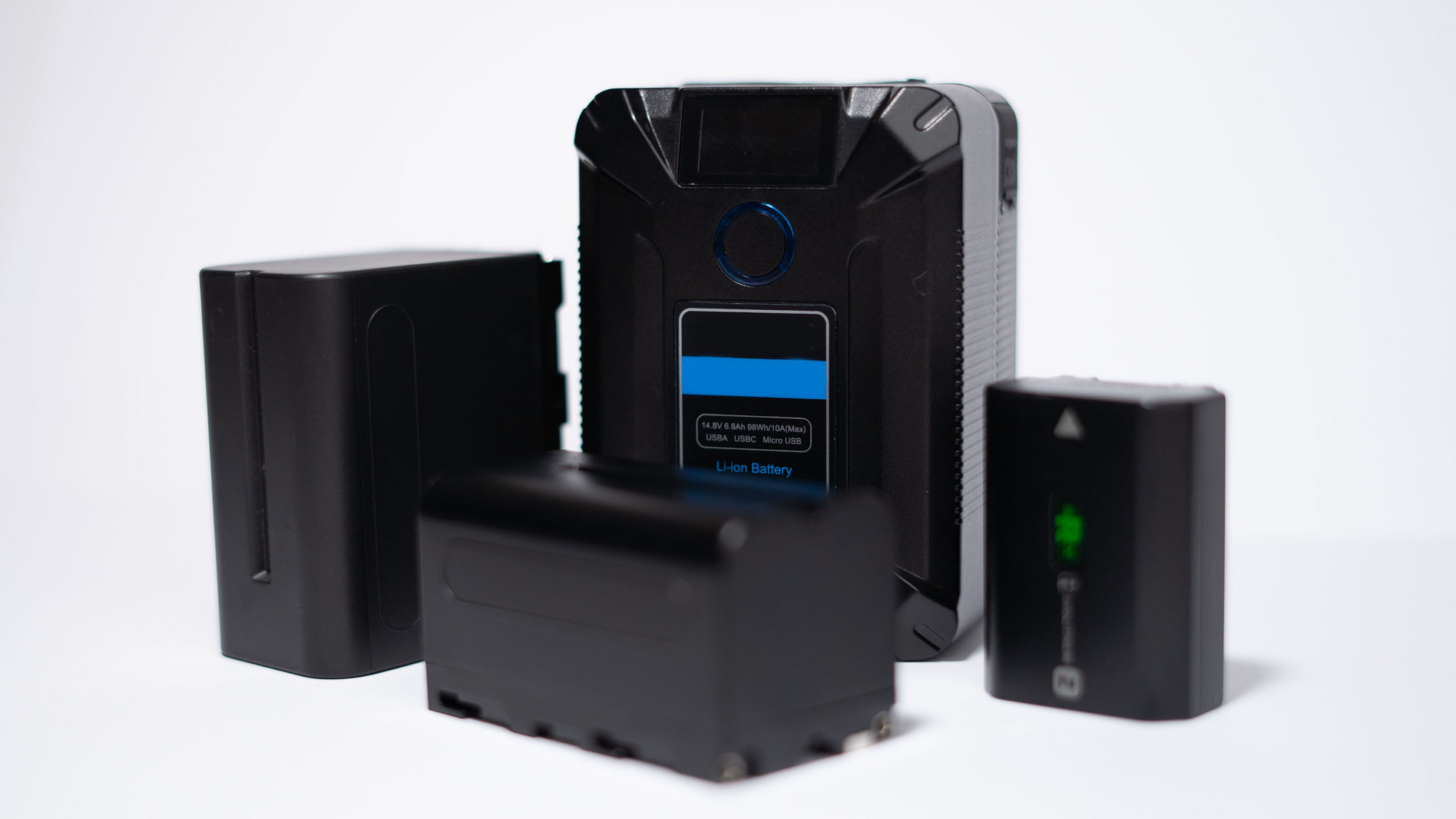The pervasiveness of lithium-ion batteries in the UK waste stream is set to continually increase in coming years once new products resulting from the ‘clean tech revolution’ start being disposed of in earnest.
By 2025 it’s predicted that there will be 4 million e-scooters on the UK market and year-on-year growth suggests that electric vehicle sales may tip 7 million by 2030.

Expanding battery reuse and recycling is rightly becoming a prominent factor in global environmental and social agendas. Keeping critical materials in circulation is now integral to reducing dependence on carbon-heavy unrenewable resources and unethical supply chains.
At a domestic level, the UK’s waste battery legislation, relatively unchanged since the late noughties, holds a heavy regulatory focus on the portable market and a lighter touch on used industrial and car batteries. As such, the recycling and exporting industry around portable – chiefly profitable lead-acid – batteries is well-established.
This means however that the lithium-ion market explosion, unforeseen when the legislation was first laid down, has left the UK infrastructure somewhat behind, and crucially with little to no industrial capacity for in-house lithium-ion battery reprocessing.
Reputational damage due to increased fire risk in transport, burdensome post-Brexit administration, and a general lack of financial incentive mean even exporting lithium-ion for recycling is currently seeing huge backlogs. Consequently, approved battery treatment operators and exporters can only store the waste and report being close to capacity. European recyclers are also saturated, meaning shipments are increasingly being sent to the US and other markets.
Solutions
Immediate solutions are hard to imagine, but with an impending review of the current legislation, the UK has an opportunity to reform the regulatory framework in a way that’s synonymous with the modern battery market.

In terms of producer responsibility, as current recycling obligations are unspecific to chemistry this has caused an overreliance on lead-acid to meet national recycling targets. Any new measures should actively encourage and invest in the UK’s capacity to recycle (and reuse) new and emerging chemistries before it’s too late.
With that being said, it’s not always necessary to have regulatory drivers in place. There’ve been strides in lithium-ion recycling innovation in recent years, with the industry predicting an impending market as first-generation electric vehicles start reaching end of life, but ensuring the legislation catches up will be crucial for decarbonising in the coming years.











Subscribe for free